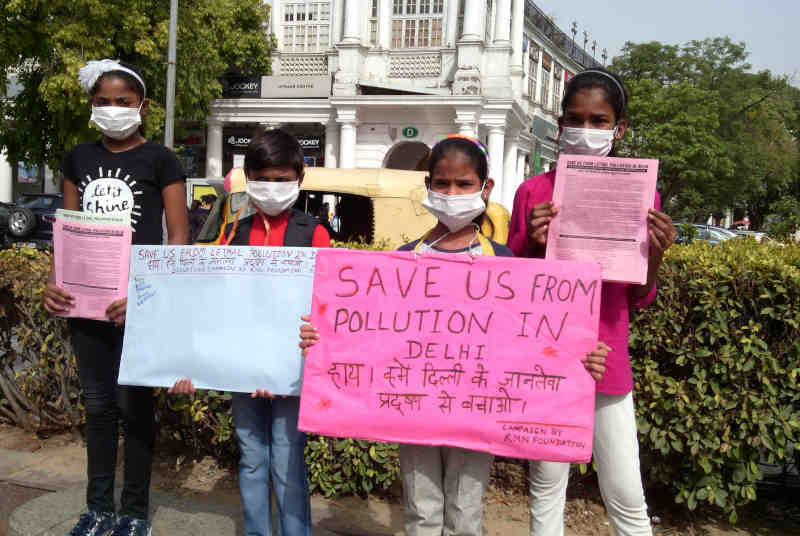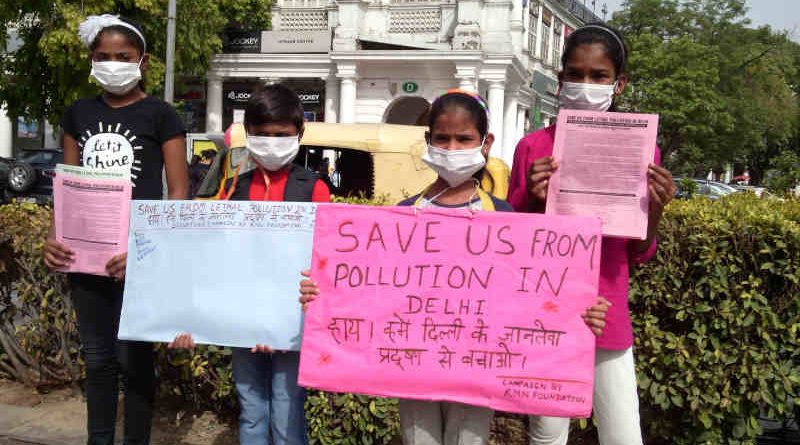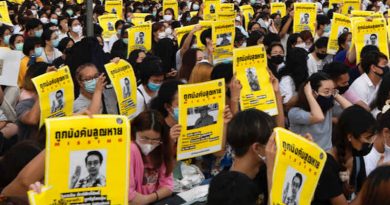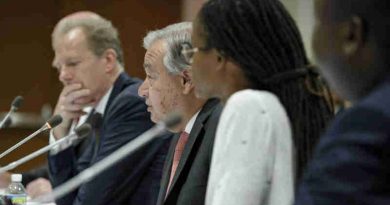Clean Air Is a Human Right: UN Environment Programme

The World Health Organization (WHO) estimates that 23 per cent of all deaths worldwide—a total of 12.6 million people in 2012—are exposed to environmental risks. Low- and middle-income countries bear the brunt of pollution-related illnesses, with a disproportionate impact on children, women, and the most vulnerable. Air pollution alone kills an estimated seven million people worldwide every year.
In response to this, the United Nations Human Rights Council has established a mandate on human rights and the environment to study the human rights obligations relating to the enjoyment of a safe, healthy, and sustainable environment. The UN Environment Programme (UNEP) works closely with the Special Rapporteur on human rights and the environment.
Protecting Human Rights from the Perils of Pollution in Delhi
UNEP calls for a more comprehensive global framework that protects people from a toxic environment and addresses injustices worldwide resulting in risks to human health. Solutions exist to eliminate and reduce exposure to toxic pollution, but strong international cooperation is required to ensure that these solutions lead to sustainable development and the protection of human rights.
Multilateral environmental agreements call for action for the sound management of chemicals and wastes and other aspects. The UNEP Implementation Plan “Towards a Pollution-Free Planet” and recent United Nations Environment Assembly resolutions call for ambitious efforts to fight pollution.
Regional agreements on access to information, access to justice, and the right to participate in environmental decision-making are all part of global efforts to address environmental injustice and promote environmental democracy.
UNEP and the United Nations Office for Human Rights have signed a memorandum of understanding to collaborate on environment and human rights and to promote greater protection for people defending these rights.






